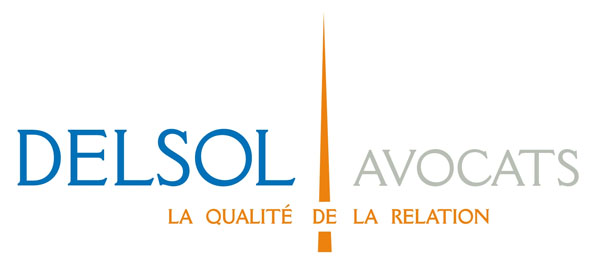Legal news
- Accueil
- News
- Legal news
- Arbitration in post-acquisition disputes
Arbitration in post-acquisition disputes
Share and asset acquisitions can give rise to a series of post-transaction disputes, including claims with regard to alleged breaches in representations and warranties, earn-out provisions, post-closing purchase price adjustments and non-compete provisions.
Arbitration is increasingly used to resolve such disputes and arbitration clauses are frequently included in acquisition agreements. This is particularly the case for international agreements with parties coming from different countries where there is a natural reluctance to accept a dispute resolution clause that refers to the law and jurisdiction of one or other of the parties. A recent study of 400 share and asset deals across Europe revealed that over 30% of agreements provided for dispute resolution via arbitration [1].
Arbitration has a number of advantages over traditional litigation via state courts :
- Typically the arbitral tribunal is composed of three arbitrators, consisting of a chair and two co-arbitrators chosen by each of the parties. This allows for party input into the choice of the arbitrators who are generally experienced practitioners in the field of M&A ;
- Arbitration is confidential and allows the parties to avoid the dispute becoming public and potentially subject to interest from the press ;
- Parties are largely free to organize the procedure as they deem fit and thus avoid the complexities of the procedure and evidence rules applied by the state courts ;
- Parties are also free to choose the language or languages of the procedings and thus reduce or avoid translation costs ;
- By opting for an arbitration in accordance with the rules of an organization such as the International Chamber of Commerce, parties benefit from the secretarial and dispute management services provided by a specialized institution ;
- Costs tend to be more expensive than litigation in the state courts but this is compensated by the fact that arbitral tribunals are free to make cost awards which cover full costs, meaning that the winning party is likely to recover all its costs, including all fees paid to its lawyers ;
- The arbitration award is enforceable in 172 countries throughout the world in accordance with the New York Convention on the Recognition and Enforcement of Foreign Arbitral Awards ;
- Last but not least, the possibility of appeals against arbitration awards is limited, meaning that the increasingly long court delays in appeal proceedings before the national courts are avoided.
[1] CMS European M&A Study 2022

